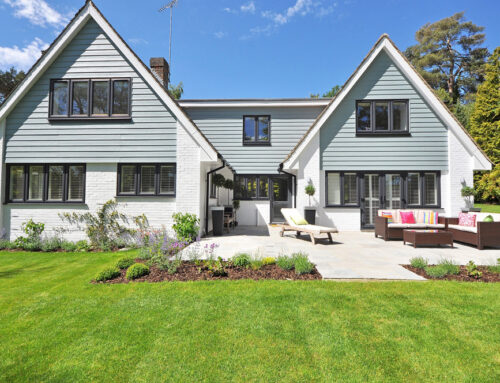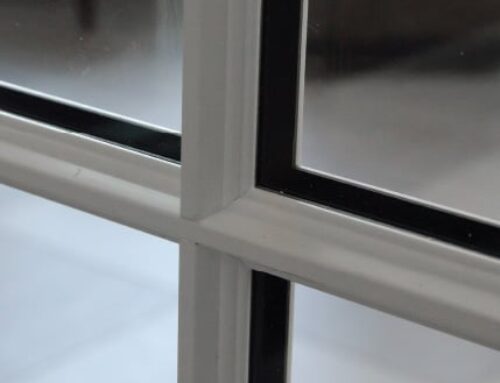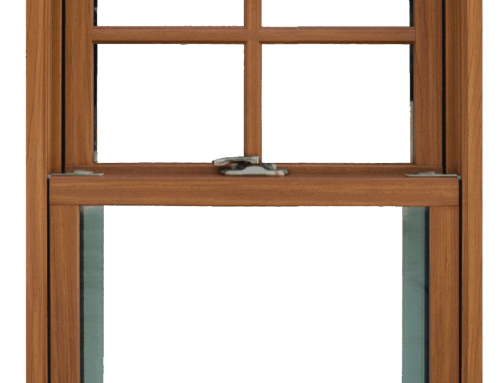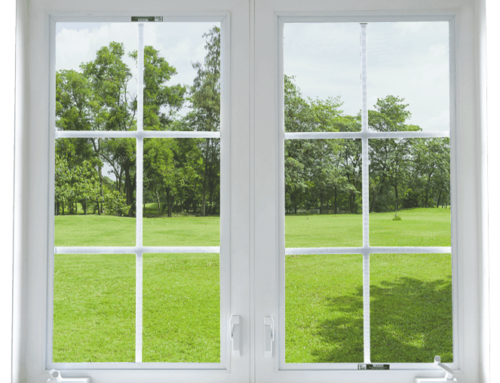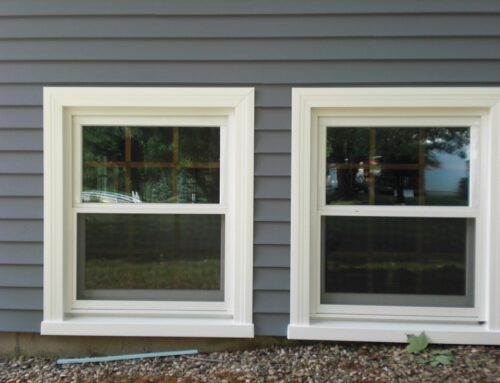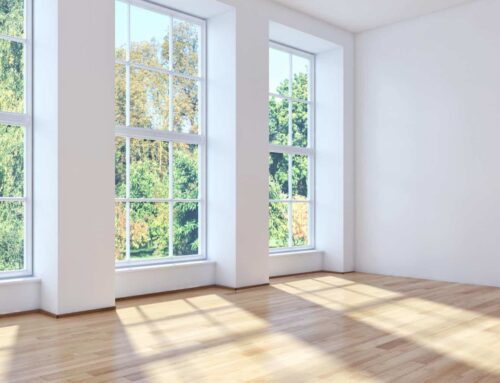Here are some steps to help you budget for window replacement Bronx NY:
Assess Your Needs:
Begin by evaluating the number of windows that need to be replaced and their condition. Consider factors such as size, style, and material. Determine if you want to replace all windows at once or prioritize specific areas.
Research Window Options:
Explore different window styles, materials, and brands available on the market. Each option has its own cost range, energy efficiency rating, and maintenance requirements. Consider the long-term benefits and select windows that align with your preferences and budget.
Obtain Multiple Quotes:
Contact several reputable window replacement companies and request detailed quotes. Be sure to provide accurate information about your window requirements. Compare the quotes and consider factors such as materials, installation costs, warranties, and any additional services offered.
Consider Energy Efficiency:
Energy-efficient windows can help lower heating and cooling costs in the long run. Although they may have a higher upfront cost, they can lead to significant savings over time. Look for windows with a high energy efficiency rating, such as those with ENERGY STAR certification.
Account for Installation Costs:
In addition to the cost of the windows themselves, don’t forget to factor in installation expenses. Professional installation ensures proper fitting and sealing, maximizing the benefits of your new windows. Obtain quotes that include installation costs or discuss installation fees with the chosen window replacement company.
Plan for Additional Expenses:
Keep in mind any additional expenses that may arise during the project, such as permits, disposal of old windows, or repairs to surrounding areas (e.g., painting or trim work). These costs may vary depending on your location and specific requirements.
Set a Realistic Budget:
Based on the information gathered, set a realistic budget for your window replacement project. Consider your financial situation and allocate funds accordingly. It’s generally a good idea to have a contingency fund for unexpected expenses that may arise during the project.
Explore Financing Options:
If your budget is limited, consider exploring financing options, such as home improvement loans or credit programs offered by window replacement companies. Carefully review the terms and interest rates to ensure it aligns with your financial goals.
Prioritize Quality and Longevity:
While it may be tempting to opt for the lowest-priced windows, prioritize quality and durability. Investing in high-quality windows can save you money in the long term by reducing maintenance costs and improving energy efficiency.
Plan for Future Replacements:
Keep in mind the lifespan of the windows you choose. Consider their durability and factor in potential future replacements. Planning for long-term maintenance and replacements can help you avoid unexpected financial burdens down the line.




